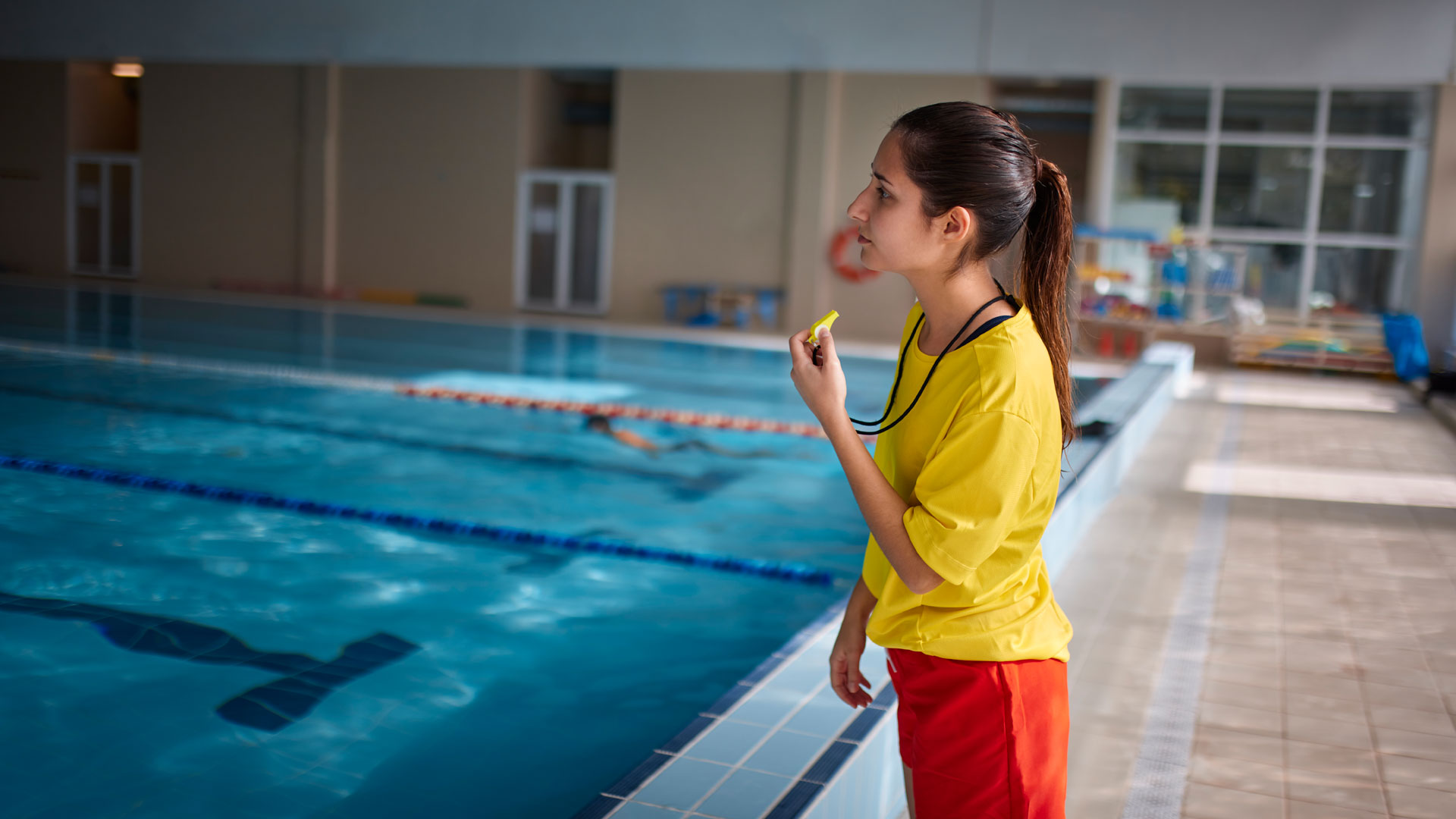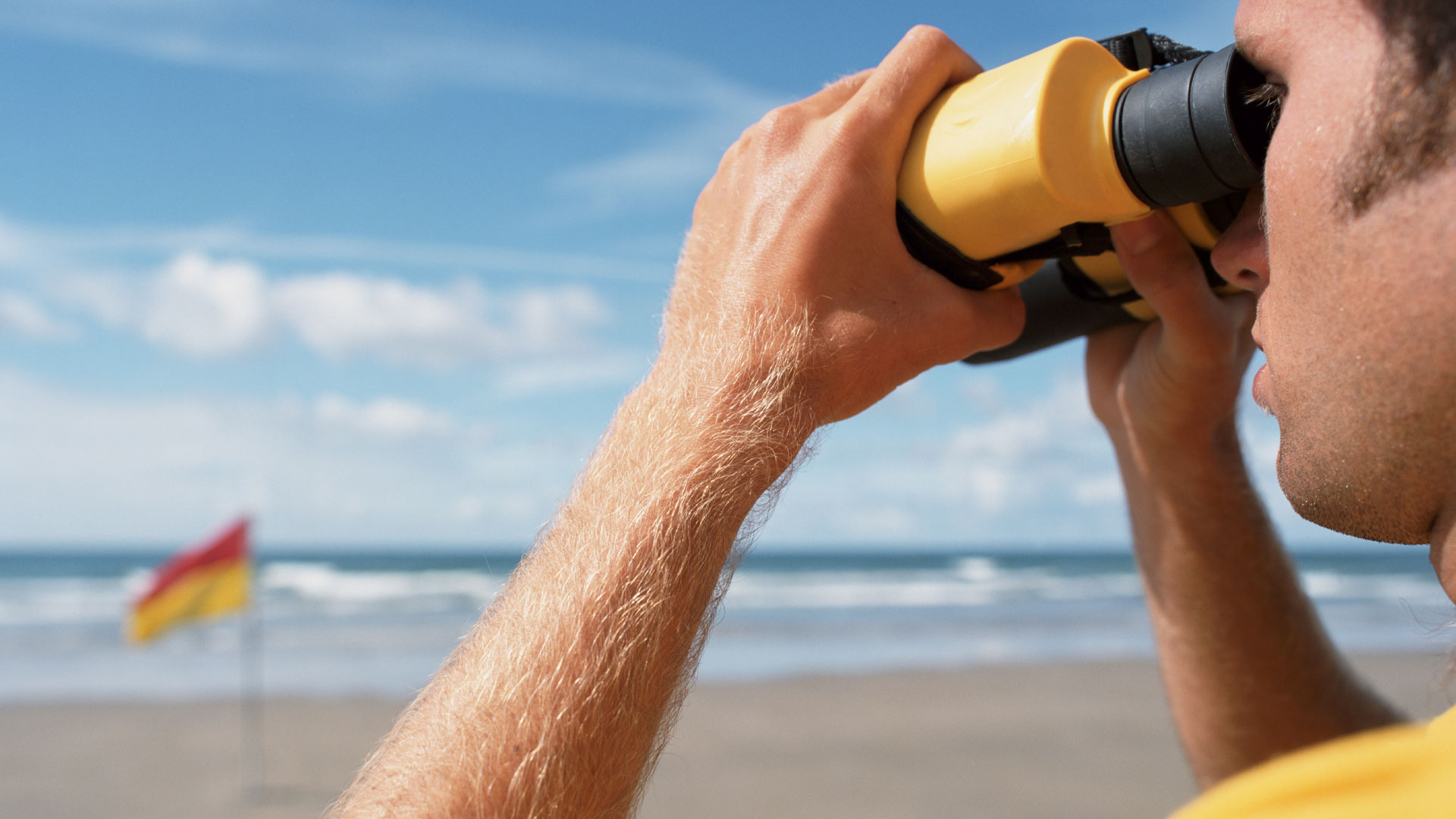Careers advice
How to become a lifeguard in NZ
Lifeguarding is a challenging but highly rewarding profession.
Last updated: 4 April 2024
What you need to be a lifeguard in NZ
How to become a pool lifeguard in NZ
Being pool lifeguard is quite different to being a beach lifeguard.
How to become a Surf Lifeguard in NZ
What you’ll learn by becoming a lifeguard
1. Communication skills
2. Decision making
Knowing when to take action is key as a lifeguard.
3. Leadership
4. Teamwork
5. Responsibility and accountability
6. Resilience
7. Empathy and compassion
Looking for lifeguard jobs in NZ?
Search among the roles currently listed on Trade Me Jobs.
Search now Author
Other articles you might like





